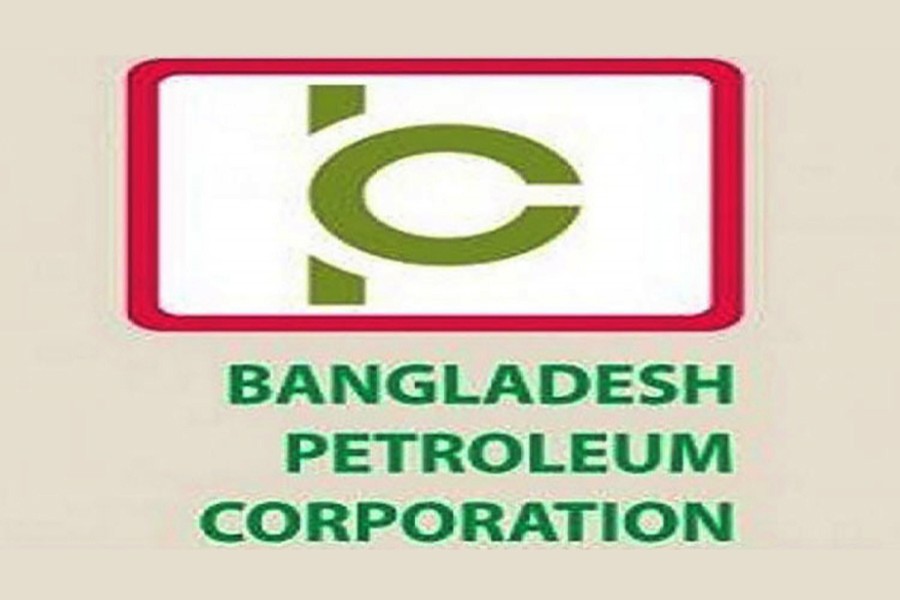The state-run oil marketing arm BPC is set to receive a costlier loan of US$ 1.20 billion from the International Islamic Trade Finance Corporation (ITFC) to import petroleum products in the calendar year 2020.
Officials said the Bangladesh Petroleum Corporation (BPC) negotiated the loan at an interest rate of 4.50 per cent, which the ITFC calls a mark-up rate.
The rate is higher by 0.70 per cent from the mark-up rate of 3.80 per cent of the calendar year 2017.
The new mark-up rate will take effect from next year, if the government agency concerned approves the BPC loan deal with the ITFC, according to a BPC document obtained by the FE.
The ITFC is an autonomous entity within the Islamic Development Bank Group created with the purpose of advancing trade to improve the economic condition and livelihood of people across the Islamic world.
A high-powered delegation of the state-run agency BPC met in a meeting with the ITFC on June 24-25 last at Jeddah in the Kingdom of Saudi Arabia (KSA).
In the meeting they agreed to receive the loan to the tune of US$ 1.2 billion (1200 million) from the ITFC.
The amount of loan and the rate of interest were fixed in the meeting. The tenure of the loan is six months from the date of the corresponding disbursement and the rate of interest is 4.50 per cent, including administrative fee annually.
The BPC preferred borrowing US$ 900 million on the best effort basis, said an official. The remaining US$ 300 million would be borrowed from the ITFC to meet contingency requirements, if any, he added.
The state-run entity requested the Energy and Mineral Resources Division (EMRD) to take necessary steps for getting the ITFC loan approved by the standing committee on non-concessional loans. The BPC also sent the letter to the finance ministry.
When contacted, General Manager (Finance) of BPC Moni Lal Das said, "We have requested the EMRD to take steps on the ITFC loan for 2020."
The mark-up rate of the ITFC loan rose due to a surge in the London Interbank Offered Rate (LIBOR), an official said.
The LIBOR rates were lower in 2017 last. For this, the mark-up rate of the ITFC loan received by the BPC was lower, he added.
"We have received a loan of $ 1.0 billion from ITFC for the calendar year 2019 at the 4.50 per cent mark-up rate," he also said.
The government would count a large amount of subsidy for meeting the deficit of the BPC. Earlier, it had long been paying a large amount of subsidy every year because of the mismatch between the procurement and domestic marketing prices of fuel oils, he also said.
The BPC started incurring losses again in oil trading from November, 2017 after making substantial profits for three consecutive years since late 2014.
The BPC made a profit of over Tk 19.44 billion in the fiscal year (FY) 2018-19, down from Tk 25.48 billion a year ago, according to data in the draft of the Bangladesh Economic Review 2019.
The BPC imported 5.96 million tonnes of petroleum products including diesel, jet fuel and octane for the FY 2018-19, the general manager said.
The country will require more or less 7.2 million tonnes of different petroleum products in the next calendar year, according to the BPC's provisional estimation.
Besides, the entity has set a target to import 6.5 million tonnes of petroleum products for the FY 2019-20.
The BPC incurred losses every year from FY 2001-02 to FY 2013-14.


